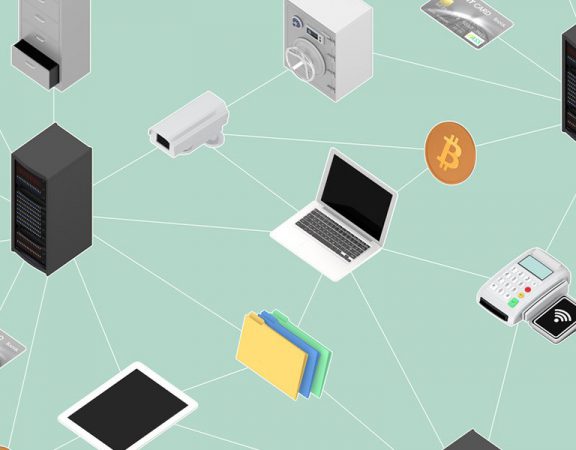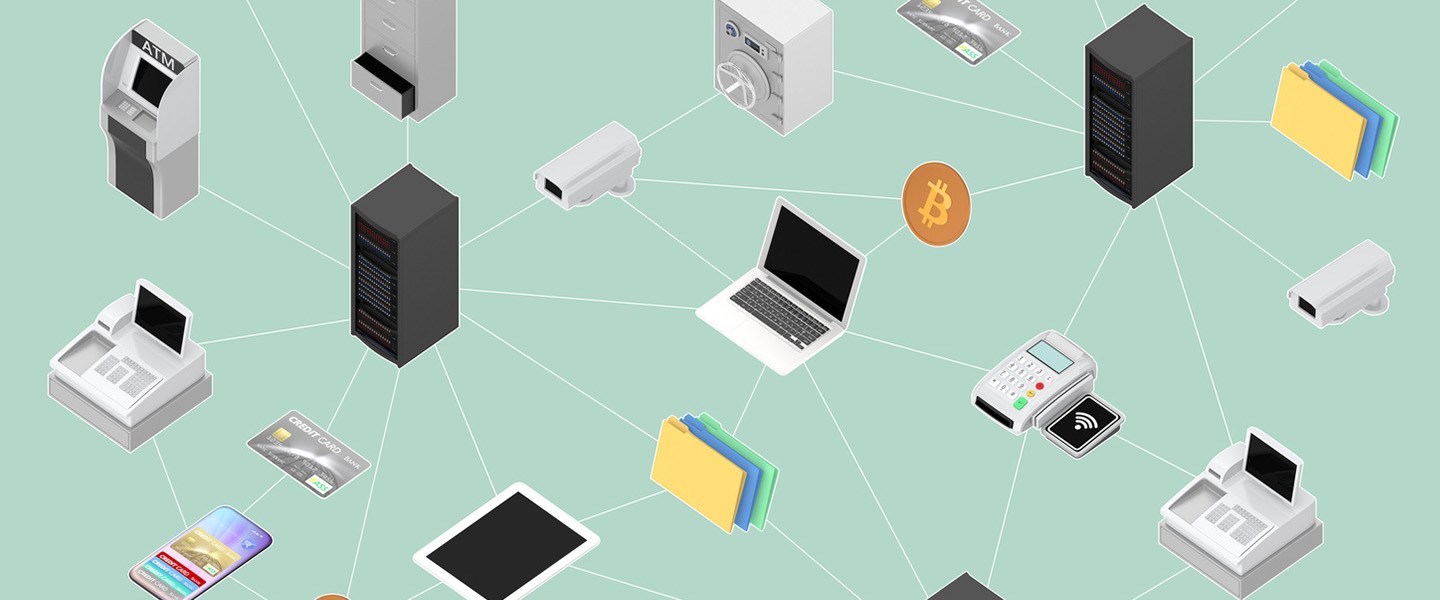

How will Blockchain change marketing?
Blockchain, essentially a massive ledger of transactions, is an open and shared database that operates in a decentralized network format. That means large amounts of information can be transmitted and added onto it without compromising security. Nobody can alter the blockchain, and no single person can destroy it.

It is widely believed that the security of blockchain could have a big impact on sectors from banking and insurance to healthcare and retail. The advantages for marketers, in particular, are thought to be extensive.
Any potential use of blockchain in marketing & advertising is, according to experts, at least four or five years in the future. There is little happening in the area yet, with the notable exception of BitTeaser, a Danish ad network that uses blockchain to collect ad revenue in bitcoin instead of money.
What Blockchain means for marketers
- Individuals, not brands, will control access identity and personal information through services like uPort or Keybase.
- Brand affinity will align to decentralized protocols that represent a set of core values.
- Value will get created not by owning customer data, but by how companies help customers use, interpret, and interface with data.
- A marketer’s claim will never be accepted as is. The supply chain, for example, becomes a key part of the value proposition. Witness how Walmart plans to blockchain to track pork provenance in China.
- Assets like loyalty points and coupons may become freely tradeable and interchangeable. Loyalty points alone won’t be enough to lock customers into a relationship.
The idea here is that blockchain can be used to advertise a product in a much more “authentic” way that doesn’t come off as marketing.
For now, marketers should closely watch the progression of cryptocurrency and blockchain. Experiment with smart contracts, and other blockchain technology. Introduce blockchain into the regular marketing technology stack.

